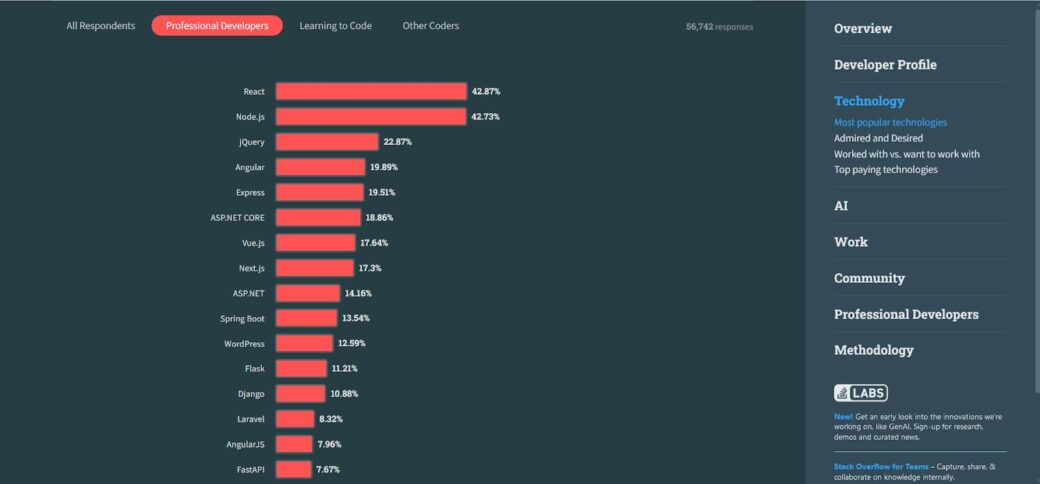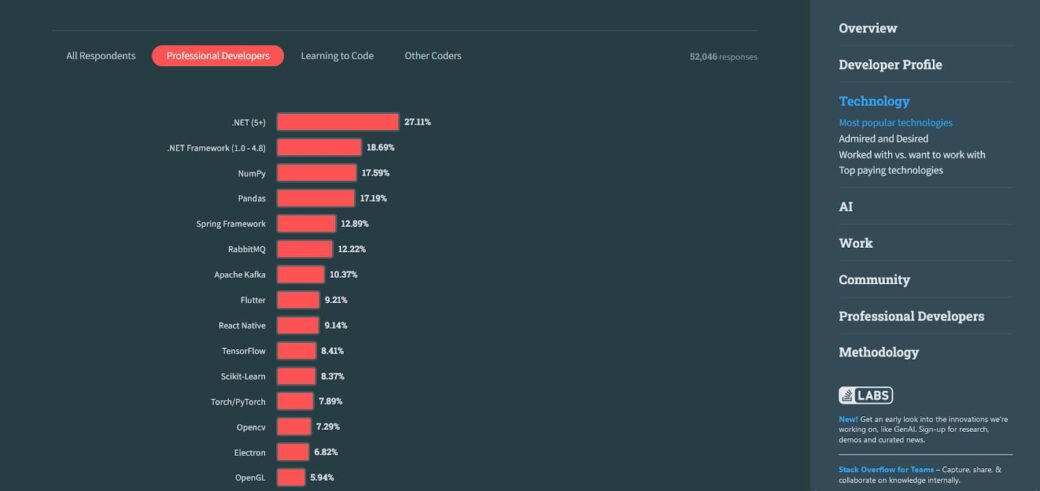With the projected global number of mobile device users set to reach a staggering 16.8 billion in 2023 (source: https://www.statista.com/statistics/245501/multiple-mobile-device-ownership-worldwide/), it has become more crucial than ever to build high-performing and feature-rich mobile software applications.
Over the years, we have witnessed a fierce battle for dominance among various mobile operating systems (MOS). While some, like Symbian, have faded into obscurity, Android and iOS have emerged as the victorious contenders.
Android, backed by Google, currently powers 70.8% of mobile devices worldwide (source: https://www.statista.com/statistics/272698/global-market-share-held-by-mobile-operating-systems-since-2009/). Its zero-cost nature attracts numerous hardware vendors, such as Samsung, to adopt it.
On the other hand, iOS, developed by Apple, is limited to powering Apple devices exclusively. It currently holds a 28.4% market share (source: https://www.statista.com/statistics/272698/global-market-share-held-by-mobile-operating-systems-since-2009/) .
To cater to the entire customer base, businesses often find themselves doubling their expenses by maintaining separate development teams for each MOS.
Another problem is that attempting to determine which system is more popular among the target audience is very challenging. Failing to cater to the entire clientele could result in revenue loss. So what’s the solution?
The ultimate answer lies in the platform-agnostic approach. By utilizing key web technologies and frameworks, businesses can interact with a device’s hardware and target both major MOSs with a single set of programming instructions. This approach eliminates the need for duplicate development teams, significantly reducing costs.
Here are some additional benefits:
- Easy implementation of changes: Modifying a program becomes effortless as alterations made to one file reflect across both MOSs.
- Consistent tech stack: Developers work with the same tech stack, primarily JavaScript, for tasks on both iOS and Android platforms.
One of the most valuable frameworks that implements this cross-platform approach is React Native (RN). Let’s explore why it is highly beneficial for businesses.
The Key Advantages of React Native
- Rapid app development: RN allows for faster development compared to traditional methods, potentially delivering apps three times quicker.
- JavaScript and React.js foundation: Instead of using pure HTML, RN relies on JSX syntax, which seamlessly combines HTML elements with JavaScript code. Additionally, React.js treats everything as reusable components, streamlining development.
- Hot Reloading feature: Unlike native apps that require recompilation for each change, RN instantly reflects modifications without the need for repeated compilation, greatly accelerating the development process.
- Easy learning curve: Based on familiar technologies like JavaScript and React.js, developers can quickly jump into RN projects without extensive learning requirements.
- Thriving developer community: With a growing community and 112k stars on GitHub at the moment of writing, RN offers abundant resources and support through platforms like Reddit and StackOverflow.
Considering the exponential growth of mobile users and the demand for efficient app development, embracing a cross-platform approach with React Native can prove highly advantageous for businesses seeking to reach a broader audience while saving time and costs.
Other Benefits of React Native
Plenty of RN Developers Available
JavaScript remains at the top of the charts, with 65.82% of professional programmers using it and likely to continue doing so in the future, according to the Developer Survey Results 2023 (source: https://survey.stackoverflow.co/2023/#most-popular-technologies-misc-tech-prof).
React Native (RN) and React are also highly popular among professionals. In the same survey, React ranks first among web frameworks most favored by professional developers.

RN is used by 9.14% of the pro developers who participated in the survey.

The army of RN developers is continuously growing, providing a wide range of options for finding someone who meets your quality and cost requirements.
RN Apps: Cost-Effective with Native Look and Performance

Building React Native apps is a more affordable option compared to other approaches.
RN developers create JavaScript components that function as iOS and Android widgets, eliminating the need for a WebView. This allows RN apps to offer almost identical functionality to their conventional counterparts.
Additionally, RN can handle CPU-intensive tasks by leveraging native code blocks, such as those written in Kotlin. This native code ensures optimal performance.
RN empowers professionals to leverage the full capabilities of smartphones and tablets, enabling the creation of highly interactive programs and professional-looking games.
Furthermore, RN apps are fully responsive by default, ensuring a consistent user experience across different screen resolutions.
RN apps are also lightweight, resulting in faster performance — a crucial aspect for business apps. No one wants to be stuck waiting for a progress bar to complete.
Another significant advantage of RN apps is their lower cost compared to traditional development approaches.
Conclusion
The rapidly expanding mobile user base and the increasing need for efficient app development make adopting a cross-platform approach essential for businesses. By using React Native, businesses can develop high-performing applications for both Android and iOS using a single set of instructions, saving time and reducing costs.
React Native’s foundation on popular technologies — JavaScript and React.js, combined with a vibrant developer community, makes it an excellent choice for efficient app development. Moreover, React Native apps offer near-native functionality and performance, are responsive and lightweight, and importantly, are more cost-effective than traditional development methods.
By choosing React Native, businesses can effectively cater to a broader audience without compromising on quality or performance.
